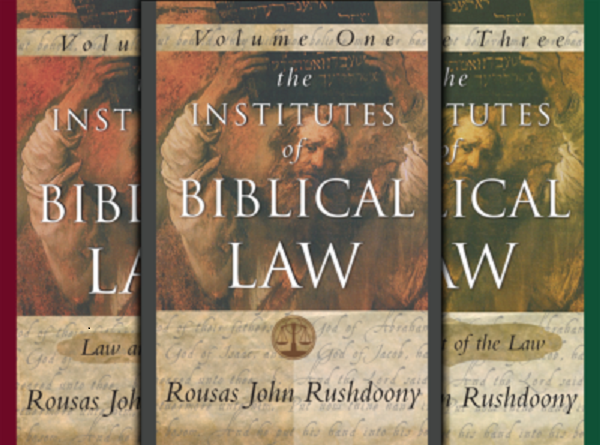Sunday surprise, what can happen to music
Monday, May 13th, 2019[ by Charles Cameron — Aretha to rabbinic wisdom via N’Orleans — five versions of the one great song — with a Mother’s Day greeting to all Marthas and all Marys ]
.
Consider this song as sung by the awesome Aretha Franklin:
Here’s the story of Mary and Martha, as John’s Gospel tells it [John 40: 38-42]:
Now it came to pass, as they went, that he entered into a certain village: and a certain woman named Martha received him into her house. And she had a sister called Mary, which also sat at Jesus’ feet, and heard his word. But Martha was cumbered about much serving, and came to him, and said, Lord, dost thou not care that my sister hath left me to serve alone? bid her therefore that she help me. And Jesus answered and said unto her, Martha, Martha, thou art careful and troubled about many things: But one thing is needful: and Mary hath chosen that good part, which shall not be taken away from her.
You might say that Martha is the mother of service, and Mary the mother of devotion: they are equally celebrated in the church, yet Mary has the better part.
Wonderful, then, to encounter the same song as played and sung by N’Orleans’ own Theresa Andersson:
That’s the extraordinary creative re-creation I was wanting to share with you.
**
The Parting of the Waters [Exodus 14: 21-29]:
And Moses stretched out his hand over the sea; and the Lord caused the sea to go back by a strong east wind all that night, and made the sea dry land, and the waters were divided. And the children of Israel went into the midst of the sea upon the dry ground: and the waters were a wall unto them on their right hand, and on their left.
And the Egyptians pursued, and went in after them to the midst of the sea, even all Pharaoh’s horses, his chariots, and his horsemen. And it came to pass, that in the morning watch the Lord looked unto the host of the Egyptians through the pillar of fire and of the cloud, and troubled the host of the Egyptians, And took off their chariot wheels, that they drave them heavily: so that the Egyptians said, Let us flee from the face of Israel; for the Lord fighteth for them against the Egyptians.
And the Lord said unto Moses, Stretch out thine hand over the sea, that the waters may come again upon the Egyptians, upon their chariots, and upon their horsemen. And Moses stretched forth his hand over the sea, and the sea returned to his strength when the morning appeared; and the Egyptians fled against it; and the Lord overthrew the Egyptians in the midst of the sea.
And the waters returned, and covered the chariots, and the horsemen, and all the host of Pharaoh that came into the sea after them; there remained not so much as one of them. But the children of Israel walked upon dry land in the midst of the sea; and the waters were a wall unto them on their right hand, and on their left.
Wait: there’s a curious — and beautiful — counterpoint to this story in rabbinic lore:
The Talmud teaches us that on the night that the Egyptian army drowned in the Red Sea, the first true moment of freedom for the Jews fleeing Egypt, God refused to hear the angels sing their prayers, and said “my creations are drowning in the sea, and you will sing songs?”
**
Appendix:
We could also take — if you have time to join me — another path through that song.
The Fisk Jubilee Singers:
Mary’s there, but no Martha. That’s the earliest recording of the song that survives.
Then there’s The Swan Silvertones:
Mary don’t you weep — Martha don’t have to moan — it’s been decided that Mary of the song — who might be the sister of Moses — is, or is also, Mary the sister of Martha..
And let’s close with Take-6:
**
Sources:
Jerry Zolten, “Oh Mary Don’t You Weep”–The Swan Silvertones (1959) Wikipedia, Mary Don’t You Weep Art & Theology, “Oh Mary, Don’t You Weep”: Death, Resurrection, and the New Exodus




















